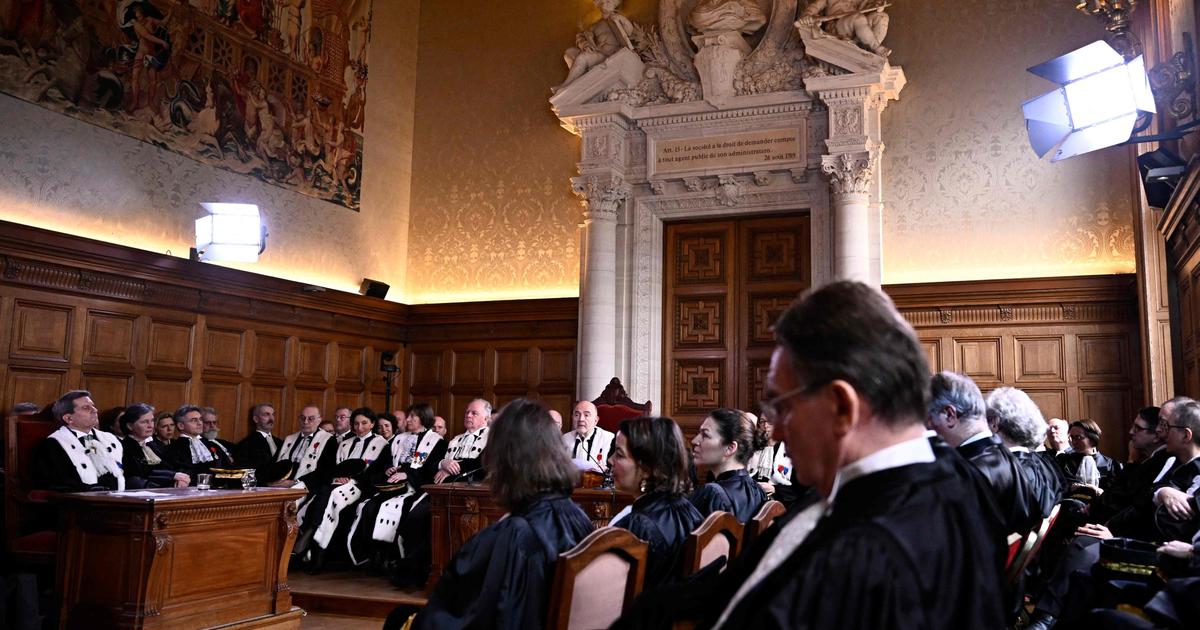The Court of Auditors sharply criticized the National Consultative Commission on Human Rights (CNCDH) on Monday, calling on it to demonstrate greater
“rigor”
and
“neutrality”
in some of its opinions.
Founded in 1947, the CNCDH, an independent body made up of 64 members, is responsible for advising public authorities on issues relating to fundamental rights.
In particular, it must monitor France's compliance with its international commitments in this area.
“The CNCDH mobilizes the statistical apparatus of the State”
but
“it also draws on investigative work further removed from the question of the effectiveness of fundamental rights”
, write the wise people of the Court of Auditors in a published report Monday.
“These studies included in the reports commit the institution, even when they are published under the name of the researchers”
.
For the Court of Auditors,
“the methods of selection of these researchers must be more transparent and their work must be subject, before publication, to a scientific examination by independent peers in order to guarantee its rigor, neutrality and relevance"
.
The wise men evoke a lack of
“rigor”
in the drafting of the CNCDH’s contribution to the periodic review of France before the UN Human Rights Council in 2022.
“The symbolic dimension for a member state of the UN of this periodic review is great.
It is important that it is carried out with the greatest rigor
,” we can read.
An “ideological bias”, defends the CNCDH
“However, in a situation of institutional vacancy in 2022”
, which was a period of inter-mandates awaiting the appointment of the president by the Prime Minister,
“this rigor was seriously lacking”
during
“the drafting and of sending the CNCDH contribution
.
“The document transmitted was thus developed outside the commission and the legal framework which should have applied”
, considers the Court of Auditors.
“It is all the more questionable as the content of this communication is harsh and poorly supported, even according to certain former members of the commission.”
The CNCDH had, for example, mentioned a
“trivialization of exceptional regimes, restricting freedoms and the quality of democratic debate”
and called for a
“global reorientation of public security policies”
in the face of
“the frequency of abusive and discriminatory practices of the forces of the order"
.
In a response to the Court of Auditors dated January 24, the CNCDH considers
“regrettable”
the
“ideological bias”
of the wise men of the Court of Auditors
“to contest the positions of the institution and its studies, including the robustness and quality are however fully recognized internationally and nationally
.
As for the criticisms of the 2022 opinion, they reveal
“a surprising misunderstanding of the role assigned to national institutions for the promotion and protection of human rights”
, which is to
“point out shortcomings and make recommendations”
, adds the CNCDH.

